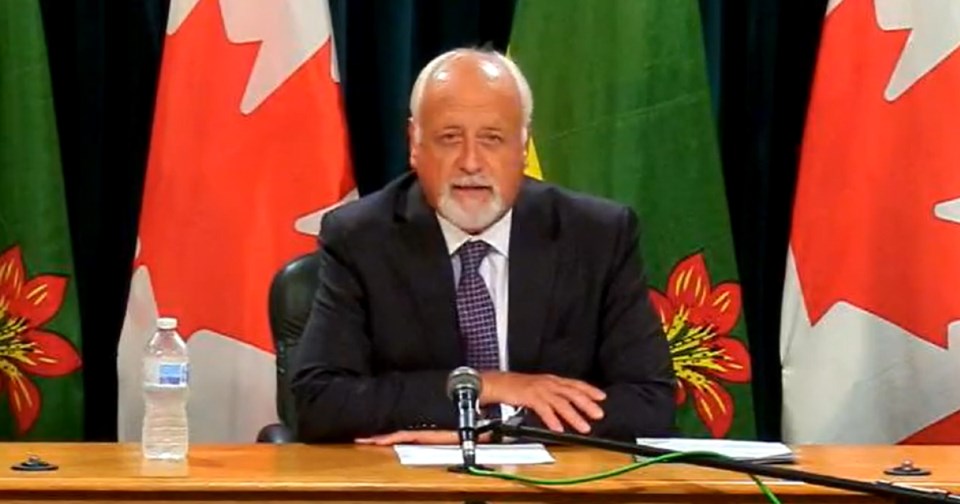Crop producers will be able to salvage more crop for feed without insurance penalty, while livestock producers will be able to access more money for water projects.
David Marit, the provincial agriculture minister, announced the measures as a response to drought conditions on July 14.
“The Government of Saskatchewan is looking at all the options available to support the producers at this time,” he said. “We are encouraging producers to take advantage of our existing programs and services we have in the province.”
For the Saskatchewan Crop Insurance Corporation’s purposes, when crops are severely damaged and the appraised yield falls below an established threshold level, the yield is reduced to zero. As there is a feed shortage, the corporation is doubling the low yield appraisal threshold values for those who salvage their cereal or pulse crops as feed, without negatively impacting future individual coverage.
The government is asking producers to contact their local SCIC office before they graze, bale or silage any damaged crops to discuss their options. Crop Insurance coverage will not be negatively impacted if customers choose to divert grain crops to feed.
“We encourage grain producers to work with neighboring livestock producers to make feed available,” Marit said.
The province has also temporarily boosted the Farm and Ranch Water Infrastructure Program.
The maximum rebate for livestock producers only will increase from $50,000 to $150,000 for the April 1, 2021 to March 31, 2022 period. The first $50,000 will be based on a 50-50 cost-share, while the remaining $100,000 will be on a 70-30 government-producer cost-share.
“This will further help with the development of secure sustainable water sources for the livestock producers,” Marit said.
The province has also requested the federal government offer assistance through the livestock tax deferral program for producers who need to liquidate part of their herd due to feed and water shortage.
The announcement from the provincial government comes after the Agricultural Producers Association of Saskatchewan and the Saskatchewan Stock Growers Association called for action.
While the requests about salvaging crop for feed and making changes to the Farm and Ranch Water Infrastructure Program were addressed by the province, one that wasn’t was a call for both the provincial and federal governments to extend the AgriStability enrollment deadline and provide enhanced coverage.
“The announcement today really has to be more about what is needed today, not 18 months from now, when AgriStability would kick in,” Marit said.
“We feel this announcement today will obviously help quite a few livestock producers in sourcing feed because I don't think this is just a Saskatchewan issue. I think this is a western Canada issue. It's even a Midwestern United States issue as well.”




